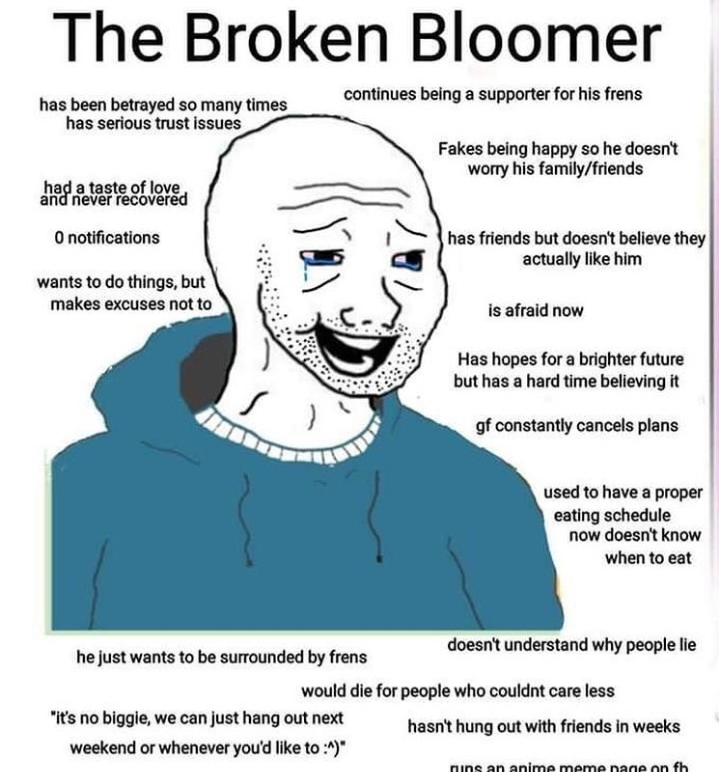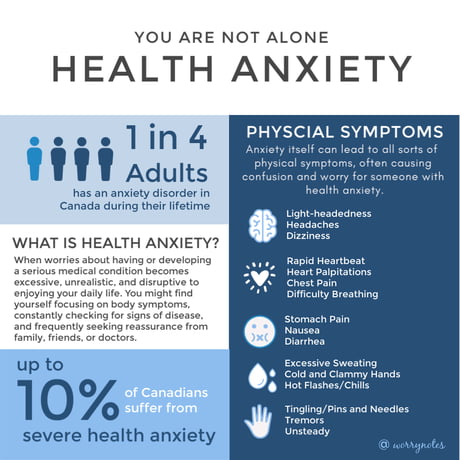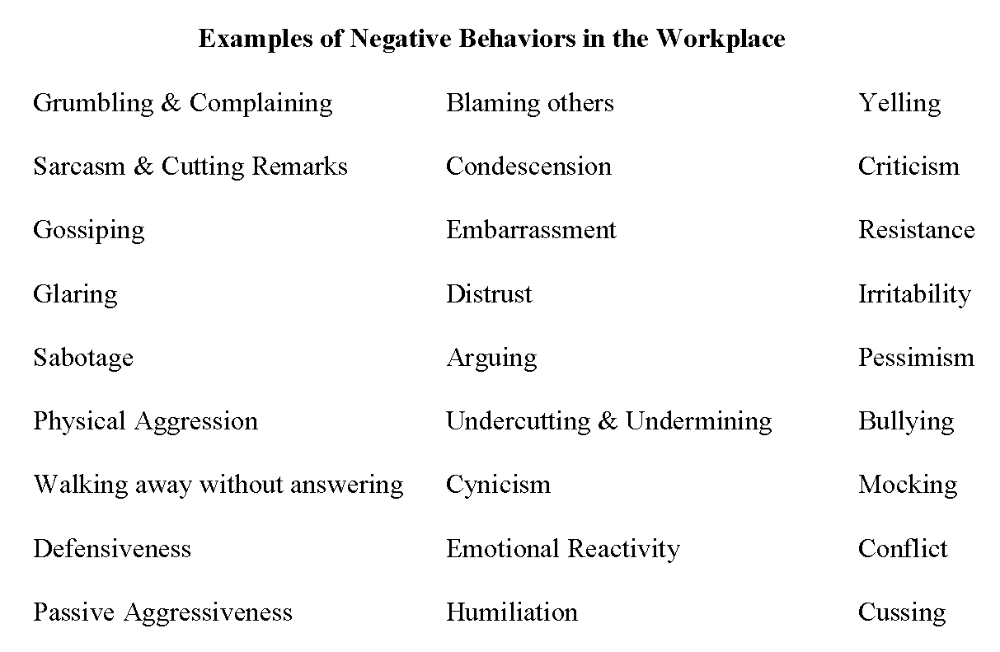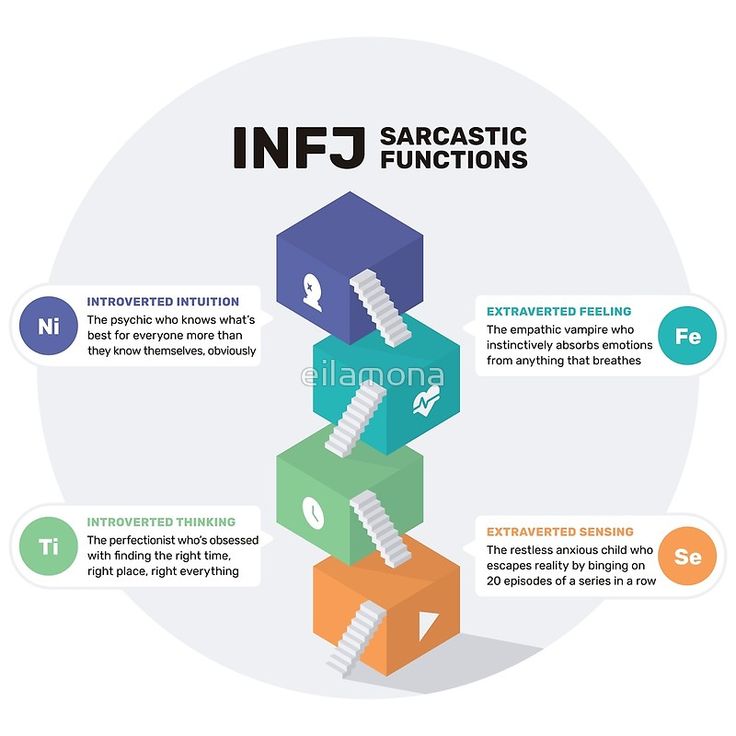Depressed after being ghosted
How to Get Over Being Ghosted: Finding Closure
It’s normal to feel anxiety after being ghosted. Ghosting combines the heartache of a breakup with the confusion of not knowing what really happened. Here’s my own story, with advice on how you can make sense of things and move on.
If you’re feeling depressed after being ghosted, that’s understandable too. Especially if you’d built a deep connection with that person.
It happened to me a few years ago. I became filled with self-doubt, sorrow, and the feeling that I must have done something terrible to deserve this treatment. But however hard I thought about it all, I couldn’t work out what exactly I’d done wrong!
Ghosting tends to come out of the blue like that. There’s usually no warning and, if it’s happened to you, you’ll find yourself combing through the relationship’s history looking for clues.
Being ghosted creates an intense desire for closure. If you’ve been asking yourself what went wrong, read on for some help from someone who’s been there too.
In my case, it was a romantic relationship. This is the most common form of ghosting, but friends and family members can “disappear” this way too.
Ghosting: the practice of ending a personal relationship with someone by suddenly and without explanation withdrawing from all communication.
The Oxford Dictionary
I’d never even heard of ghosting until it happened to me. But the moment I saw the word, it made intuitive sense. It truly does feel like the person who’s disappeared from your life has ‘died’ and thoughts of them are haunting you.
Sadly, ghosting seems to be getting more common. In an age where people often meet online and exchange email addresses instead of physical addresses, it’s easy for someone to disappear.
Is it ever OK to ghost someone?I want to answer this one quickly, before I get into why people ghost a partner.
Is it ever acceptable to ghost someone?
Yes, but only in very specific circumstances! Sometimes it’s not only OK to ghost someone, it’s actually the right thing to do.
If you feel physically threatened by someone, or they’re bullying and controlling you, quietly getting the hell away from them is the most sensible way to respond. Sometimes “disappearing” is the safest way to escape from an abuser.
Related Post: 24 Signs of Emotional Abuse in a Relationship
But in most cases, if you’ve established a relationship with someone, then you owe them a conversation if you want to end things.
It’s a myth that it’s “kinder” to end a relationship by disappearing than by telling someone to their face.
Ghosting is not kind. It’s actually the most hurtful way to leave someone, because the person being broken up with isn’t given the chance to mentally and emotionally process things in a normal way.
Now, back to the main question…
Why have I been ghosted?This is the question that keeps you awake at 2am, looping through your brain. The one you’ve probably asked in dozens of unanswered texts and voicemails: “What did I do wrong?”
I’m here to help you stop asking this. It’s not you, I promise. We all feel this type of anxiety after being ghosted.
It’s not you, I promise. We all feel this type of anxiety after being ghosted.
Nothing you could have said or done would‘ve changed the outcome. It’s not because you’re “not good enough” for that person. You weren’t too clingy or too distant. There is no action you could have taken to make them treat you better.
How do I know this? Because ghosting is not an emotionally mature response to wanting to end a relationship. It’s an avoidance of responsibility and a sign of emotional immaturity. People who ghost their partners do it because of their personal issues. Often, they fear confrontation and strong emotions.
There are many reasons that someone might struggle with intimacy and honesty. Bottom line is, somewhere along the way they’ve failed to learn how to navigate the boundaries of an adult relationship.
Full disclosure: I once ghosted a boy I’d been sort-of-dating. I was 12 and I didn’t know it was called ‘ghosting’. From my POV, it was a valid response to him saying something that upset me.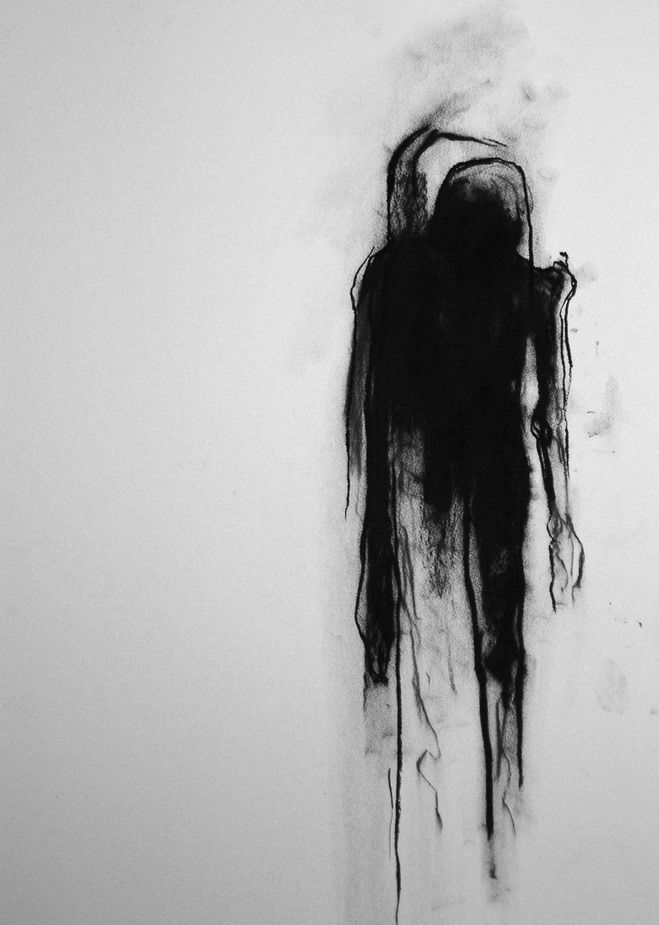 If I’d been a couple of years older, I think I’d have known that a better response would be to talk to him and let him know why I was upset. At 12, I didn’t have the emotional skills in place to deal with the situation.
If I’d been a couple of years older, I think I’d have known that a better response would be to talk to him and let him know why I was upset. At 12, I didn’t have the emotional skills in place to deal with the situation.
It’s a mistake to assume that ghosting is a naïve, childlike action, though. It’s more childish than childlike. Ghosting is generally the action of an adult who knows very well that it’s not socially acceptable behaviour. But for some reason they haven’t developed the personal accountability that would stop them doing it.
Feeling anxious or depressed after being ghostedLosing a close connection with no warning is always painful. But if you already suffer from anxiety or depression, ghosting can be devastating. Not to mention the blow to your self-esteem and the sense of confusion.
Let’s deal with that bit: the confusion. It’s one of the major triggers of anxiety and depression after ghosting, because it leaves you feeling powerless.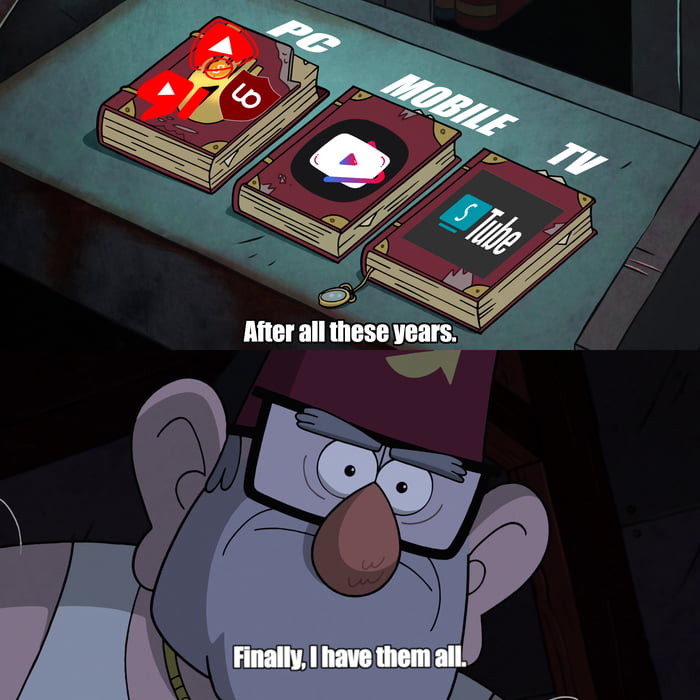 You still feel attached to a relationship that the other person has moved on from, because you’re stood there in shock asking “why did this happen?”
You still feel attached to a relationship that the other person has moved on from, because you’re stood there in shock asking “why did this happen?”
It’s common to blame ourselves.
Right now you might be thinking, “OK, so I accept that they’re emotionally immature. I get that they have issues. But things seemed like they were going so well! What changed? Did I ruin things somehow?”
I’m going to repeat what I said earlier. It’s not your fault. I promise.
One reason that people ghost is that they have shaky personal boundaries. They struggle to communicate their needs or understand how their actions affect other people. Sometimes even the most outwardly confident person is hiding deep emotional issues.
They may have an avoidant attachment style, if they were raised in an emotionally neglectful environment. This thesis on ghosting says, “Avoidant individuals have difficulty trusting and depending on their partners and are often hesitant and nervous about getting too close”.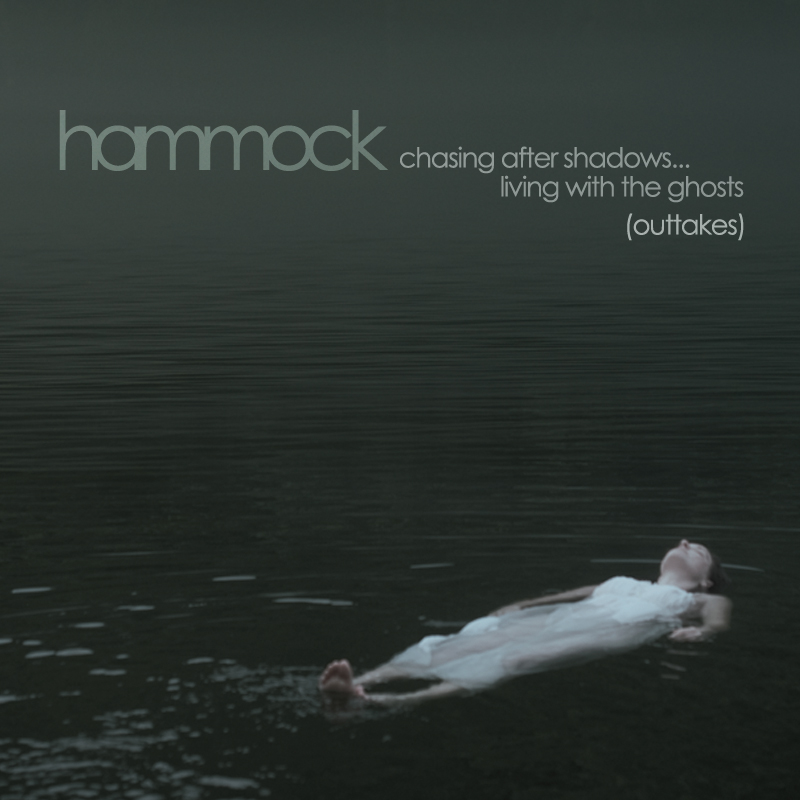
But it’s not worth trying to psychoanalyse them. It’s very difficult to figure the details out after the event and through a cloud of emotions.
Just remember that their behaviour is due to how their past experiences have shaped their personality. I’m not clearing them of responsibility – they still did a shitty thing – but it’s important to remember that you didn’t cause it to happen.
Not only is it not your fault, but it’s also a clear sign that they’re disrespectful of other people’s feelings. I know they were awesome in many ways, because otherwise you wouldn’t care that they’d disappeared! But a person who thinks it’s OK to ghost you is not worth waiting around for.
When they ghost… and then come backHere’s what happened when I spoke to the man who’d ghosted me:I sent a random “how are you?” text to the man who’d ghosted me, more than 18 months later. It was a moment of vulnerability and I regretted it immediately. But to my surprise, he messaged back.
But to my surprise, he messaged back.
He explained that he’d been ill. “I’m like a cat,” he said. “I need my own space when I’m not well.” I didn’t like the answer, but I accepted it. He was keen to meet up again. Despite feeling wary, I was excited to have him back in my life because we’d had an intense connection.
It felt just as good the second time around. And, just like the first time we dated, he started talking about a longer-term commitment after a few months had passed. Then he got offered some overseas work for the best part of a year. He promised to stay in touch, but that was the last I heard from him. After the date he was due to return had passed, I had to accept that he’d ghosted me again.
This time though, I knew it wasn’t my fault. It hurt as badly as the first time, but this time I didn’t have to question what I’d ‘done wrong’ – other than to ignore my gut instincts by trusting him again.
I suspect he’d happily do the same thing a third time. Ghosting may be his clumsy way of asserting his independence and drifting in and out of my life on his own terms.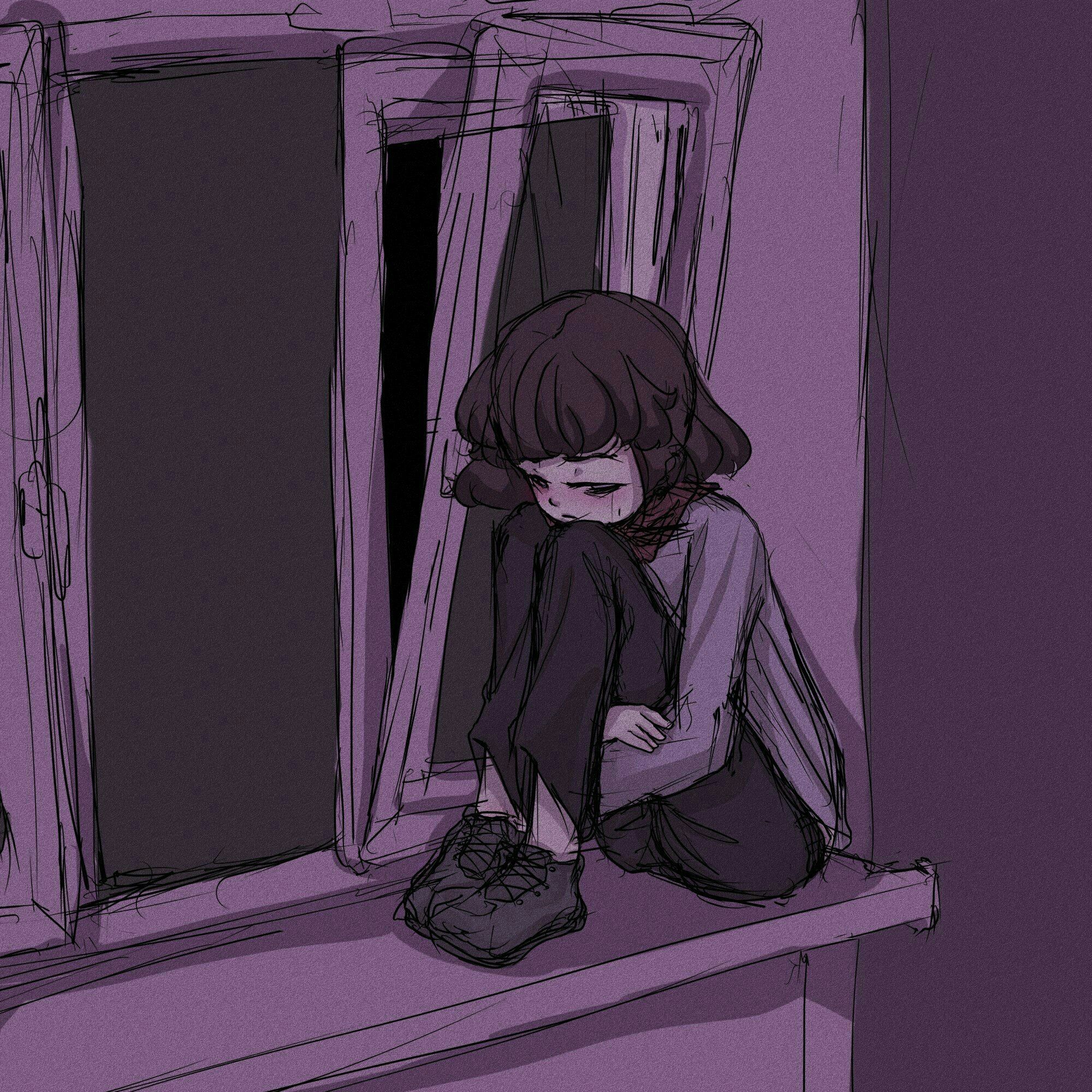
Seeing the pattern repeat itself this way gave me an insight into him. I’ve had to reconcile the affectionate, open-minded man that I fell for with the careless, disrespectful man that he also showed himself to be. He is both of those things, and that combo isn’t one I’d knowingly date again.
Ghosts and zombiesGhosters often come back (also known as zombieing) and they always bring the same issues with them. Sadly, you can’t ‘fix’ them and they’re not going to suddenly have a breakthrough and change.
But if you take a minute to picture a future with someone who doesn’t care about your feelings, you may find yourself feeling grateful they’re no longer in your life.
Five steps to get over being ghostedNow that you have some insight into why and how it happened, here’s what you can do to help yourself heal and get over being ghosted:
1. Share your storyI talked to friends and, eventually, shared some of my story on my Twitter account. In return, I received support, reassurance and advice. And a lot of people shared similar experiences.
In return, I received support, reassurance and advice. And a lot of people shared similar experiences.
Hearing other people’s stories gave me strength and perspective. I stopped feeling like I had to deal with this alone. Even more important, I stopped feeling ashamed of how I’d been treated and realised it wasn’t my fault. Ghosting is (unfortunately) very common. Please know you’re not alone with going through this! Talking to friends may help you process it.
Post continues below…
2. Stop looking for closure from the person who ghostedThe most important thing is to stop looking for closure from the person who ghosted you.
I kept telling myself I just wanted closure (plus reassurance that he was still alive!) The thing is, I already knew he was alive and well. His phone was still connected when I last tried to ring it, and I’m pretty sure his ghost isn’t paying his O2 bill.
But I still wanted that closure. It hung over me like a cloud for months. Why couldn’t I have one simple conversation with him?
Why couldn’t I have one simple conversation with him?
I had to be honest with myself in the end: I didn’t just want to get closure and end things neatly. I wanted that conversation so I could rekindle the connection. And I thought speaking to him would heal the pain he’d caused, by restoring my trust in him. Part of me still wanted him.
In angrier moments, I wanted to reconnect simply so I could be the one to reject him.
Getting closure: What to text after being ghosted?You may just want to say your piece and send a dignified goodbye message. Don’t. It’ll make you feel better for a brief time, but the silence that follows will open up that wound all over again.
It’s easy to convince yourself you just want closure, when actually you may want a chance to convince them to come back. And let’s face it, we all want to have the last word!
A lot of people have asked me what to text after being ghosted, and the answer is nothing. The most caring thing you can do for yourself is to stop trying to reach out.
The most caring thing you can do for yourself is to stop trying to reach out.
Even if you managed to speak to them, they’d probably be unable to explain their actions properly. Ghosting is a hallmark of someone who’s not great with self-reflection and emotional honesty.
3. Do this instead, to get closure after being ghostedIf you want to gain real closure after being ghosted, find a new narrative for that relationship.
The narrative is the story of your relationship – how you interpret what’s happened up to this point, and what you think should happen next.
When it comes to romantic narratives, we grow up with Disney and move on to rom-coms and romantic novels. We’re surrounded by stories telling us how love “should” look and this can be dangerous for our relationships.
My favourite book as a teenager was Jane Eyre. Jane finds love after suffering adversity, but then tragedy strikes. She never gives up on her lost relationship and refuses to settle for anything less. After years, her faith is “rewarded” and she reconnects with her lover (who, incidentally, has lied to her repeatedly and is a walking red flag!)
After years, her faith is “rewarded” and she reconnects with her lover (who, incidentally, has lied to her repeatedly and is a walking red flag!)
It’s a brilliant novel, but it gave me an unrealistic blueprint for “how love works”. I believed I just needed to keep faith that my Ghost Guy would come back. That if I kept my heart open, we’d eventually get that happily-ever-after.
My head was full of sparkly unicorn poop…Lots of our cherished romantic narratives are damaging. Think of Belle taming the Beast by caring for him while he treats her unkindly.
There’s a common romantic theme that hurtful people just need our love to heal them. That if we have patience and persistence, they’ll eventually transform into the Prince or Princess of our dreams.
The second time Ghost Guy disappeared, these ideas were swirling about in my head like a tank of sparkly unicorn poop. I’ve had to empty the poop tank and give myself a new narrative for what happened.
My old narrative:
I’ve met the perfect person for me, but he has some major attachment issues. If I just hang in there and keep showing him that I love him and I believe in our relationship, he’ll eventually trust me. I want us to spend “many years together”, like he promised we would, so I’ll keep waiting for him.
If I just hang in there and keep showing him that I love him and I believe in our relationship, he’ll eventually trust me. I want us to spend “many years together”, like he promised we would, so I’ll keep waiting for him.
My new narrative:
I met someone who was a lot of of fun, but he has some major attachment issues. He’s ghosted me twice now and if I keep hanging around waiting for him, he’ll cheerfully do it again. His behaviour shows that he doesn’t truly love or respect me, no matter what he said. I’m ready to move on.
Try it yourself! Create your own narrative – one with a defined ending that gives you a sense of closure for the relationship.
4. Allow yourself time to mourn the relationshipYou’re going through the death of a relationship. When I posted about this on Twitter, I mentioned that it felt like a bereavement. I’ve experienced the loss of a parent and this brought up similar emotions in me. I tweeted it tentatively, half-expecting people to tell me I was being dramatic. But to my surprise, I started getting lots of replies from people who felt the same way.
But to my surprise, I started getting lots of replies from people who felt the same way.
It’s a bereavement because there is no way to contact them. And it’s a bereavement because the person you knew has effectively died – you loved and trusted the person you thought they were, not the person who’s capable of hurting you this way.
Mourning a relationship is messy. At first you’ll feel angry and miserable, and maybe you’ll try to pretend it’s not happening. You might promise yourself you’ll never try to phone or text them again – then end up dialling their number two hours later, with a queasy mix of hope, despair and self-disgust.
Forgive yourself for doing this. Denial is a natural part of mourning. Yes, it’s undignified. It’s also very human! We’ve all been there at some point.
It’s important to get a handle on it, though. Delete their number and photos from your phone. Remove things that remind you of them from your home. If you can’t bear to let go of some keepsakes yet, box them up and give them to a friend for now.
- Focus on your self-care. It’s something we often neglect at the best of times, and it’s exactly what you need right now!
- Put on your headphones and listen to my 12 favourite break-up songs (I cried my eyes out to Phoebe Bridgers and it helped me process things)
Once you’ve talked things through with friends and the worst of the shock is over, start to move on in lots of little ways. Find projects and people to fill your time and thoughts. Do nice things for other people, volunteer, start a new hobby or go back to an old one. Or do something fun with a friend, instead of conducting another relationship post-mortem.
Go on dates if someone catches your interest, but try to avoid the dreaded rebound. Your head and heart need some time to settle and heal.
Friends: the best medicine for a wounded heart!If you’re an introspective kind of person, you might be trying to figure out what drew you to your Ghost Guy or Ghost Girl in the first place. Nobody wants to subscribe to season 2 of that.
Nobody wants to subscribe to season 2 of that.
In my case, I realised I’m attracted to people who make me work for their attention. For a whole bunch of issues I’m currently working on, one of my romantic narratives is about proving my worth to someone and finally getting their love and approval. To play out this drama, I need an emotionally distant partner to ‘win over’.
This was a revelation to me! I’m no longer chasing ghosts. I want to be where I’m wanted, now.
You don’t bear any blame for being ghosted. That’s all on the person who vamoosed so rudely. But if you feel that you’re attracted to emotionally flaky people on some level, here are some red flags you can watch for in future relationships:
Relationship red flags:- If a relationship feels extra-intense and keeps pushing your emotional hot buttons, be wary. It’ll feel like candyfloss-flavoured cocaine when it’s fulfilling your needs, but you’ll have to deal with the withdrawal symptoms alone.
 Example: they regularly ignore you or limit contact, and then you feel the sugar-rush of gratification when they finally give you their attention.
Example: they regularly ignore you or limit contact, and then you feel the sugar-rush of gratification when they finally give you their attention. - Be wary of anyone who pushes for deep emotional commitment and intimacy much sooner than you’d expect. If it’s a sustainable relationship, going slow won’t hurt it. If they want to commit very quickly, then they’re probably not really sincere. Example: they’re already talking of living together when you’re only just getting to know each other. It’s likely that they’re prone to saying things impulsively and changing their mind later.
- Sometimes, ghosting is a form of punishment or control by an emotionally abusive partner, who may try to come back into your life later. Take a look at these signs of emotional abuse to see whether you recognise them in your ex.
If you take one thing from this, it should be that being ghosted was not your fault. It was down to that person’s emotional limitations and the poor behaviour they’ve learned.
It was down to that person’s emotional limitations and the poor behaviour they’ve learned.
Remember that it’s OK to feel anxious or depressed if someone important disappears from your life without warning.
Here are some quick reminders of what to do if you’ve been ghosted:
Perspective shift: Although we tend to say we’ve “been ghosted” – as if it’s something done to us – we can actually look at it as someone who’s unsuitable for us removing themselves from our lives.
Talk to your friends (online ones can help, too!) and create a new narrative.
Remember to stop seeking closure from the person who ghosted you. You won’t get it from them. True closure comes from healing and taking back control of your narrative, not from hearing their ‘answer’ or excuse.
Being ghosted hurts, like a bereavement, so allow yourself the time to mourn.
And when you’re ready, move on – do a little self-reflection, then get busy with the rest of your amazing life!
I’d love to hear your thoughts if you’ve been through this, too. What’s been the biggest struggle? Can you think of any positives, like the freedom to find a better relationship?
What’s been the biggest struggle? Can you think of any positives, like the freedom to find a better relationship?
Kate x
Found these tips helpful?
Pin this post for later! 📌
Ghosting in Dating: The 8 Emotional Stages of Being Ghosted On
You think you’re overreacting, that they’re bound to reach out very soon.
4. Anger.This stage comes on the heels of denial—when you conclude that, no, they are not going to reach out soon. "Who the hell do they think they are?" you seethe, as you begin dreaming up heinous plans to ruin their life or at least shame them in some way. Because, you know, people shouldn’t be allowed to get away with this stuff! You think about maybe trying to sleep with one of their friends and hope that they never get another date again for as long as they live. You think briefly about texting them and calling them out on their shit, then pretending you never wanted to be with them or cared about them in the slightest, anyway. Maybe you have a few drinks and then you actually do text them all kinds of mean things about their shortcomings, real or imagined.
Maybe you have a few drinks and then you actually do text them all kinds of mean things about their shortcomings, real or imagined.
(One time when I was in this stage, I sent a woman a VENMO request: $50 for "emotional damages incurred due to cowardice." She didn’t respond.)
6. Guilt.You start to wonder if maybe he or she isn’t out of his or her mind for ghosting on you—that maybe you did something that made them not want to be with you. What if you came on too strong? What if you didn’t seem interested enough? What if you picked a terrible place for one of your dates? What if you’re not a great kisser? You feel guilty about your perceived (and likely not even real) shortcomings, and this is compounded by the guilt you feel about wishing ill on them during the anger stage.
7. Depression.This one—in my experience, anyway—can be the toughest to get over because it tends to be the easiest to stay steeped in. Thoughts start to creep in where you wonder why you weren’t good enough for this boy or girl who has broken your heart by literally, actively doing nothing at all.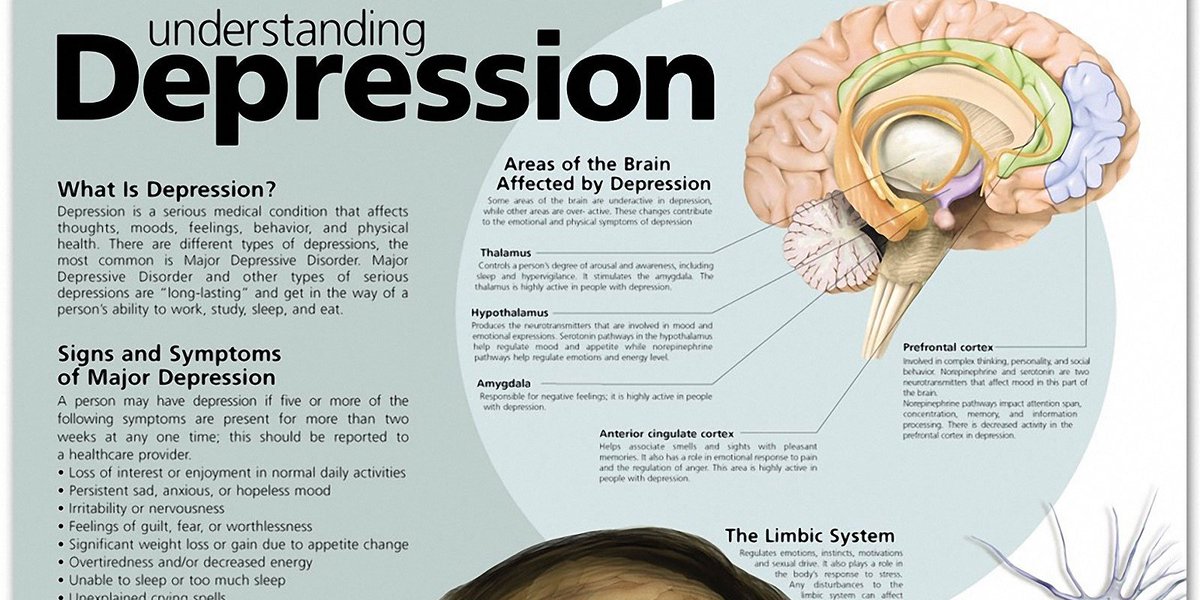 And you wonder if anyone will really love you. In your depressed state, you can’t stand to put a lot of emotional bandwidth toward considering that question (and you’re worried about what the results would be if you did), so you instead crawl onto the couch or into bed and do a little bit of weeping and a lot of binge-watching and binge-eating. (Pro-tip from the serially ghosted: Dumplings tend to help in some small way.)
And you wonder if anyone will really love you. In your depressed state, you can’t stand to put a lot of emotional bandwidth toward considering that question (and you’re worried about what the results would be if you did), so you instead crawl onto the couch or into bed and do a little bit of weeping and a lot of binge-watching and binge-eating. (Pro-tip from the serially ghosted: Dumplings tend to help in some small way.)
8. Acceptance.A time will come when you accept that you’ve been ghosted on by some jerk who, let’s be honest, didn’t deserve you anyway. Once you give it a little thought, you’ll conclude that this happens to everyone these days and isn’t that big a deal at all. And, more importantly, you’ll realize that it’s the ghoster’s loss, not yours—that there’s no good in lamenting the fact that it didn’t work out or worrying about why it didn’t because the truth of the matter is that anyone worth his or her salt in the long run would never even think about vanishing without an explanation for having done so. You can do better than someone who can’t even contact you about why they don’t think you should see each other anymore.
You can do better than someone who can’t even contact you about why they don’t think you should see each other anymore.
Ghosts, Demons, and Depression in Writers' Lives
By Claire Cronin
a conscious method that can simply be adopted or adapted to suit oneself, like a set of rules or a style. Both insights and new blind spots await you. You are looking for an encounter with spirits, and when it happens, it changes you and realigns all your social connections.”
I would like to listen to such a point of view, such a thread of reasoning, such an impulse. Only, I'm afraid, my interests coincide with those of Faust - "I want to know all the secrets of hell." Or, like Fox Mulder, "I want to believe."
For me, it is much more terrible to doubt than to know. The uncertainty about whether ghosts really exist or not is why stories about them scare us. Reading about spirits, we no longer trust our own mind and feelings. Trying to explain ourselves only reinforces our fear caused by images and text. So ghost stories are not the outcasts of the horror genre, but its exemplary representatives.
So ghost stories are not the outcasts of the horror genre, but its exemplary representatives.
Philosopher Noel Carroll still believes that such stories do not belong to the horror. He calls them extraordinary "terrible tales" or "pure fiction" depending on how much the reader believes the story. If a story mixes supernatural and realistic interpretations of ghosts, then, Carroll argues, it falls into the category of the fantastic, as defined by the literary theorist Tsvetan Todorov. The Turn of the Screw is a perfect example of such a story because of its ambiguous ending. Was the ghost of the previous governess really haunting the children, or did the new governess, presenting what happened from her position, go mad in a closed and depressing environment? Thousands of pages of critiques and thousands of hours of discussion in lectures are devoted to solving this issue.
Similar questions arise in connection with Shirley Jackson's novel The Haunting of Hill House, which Carroll also does not classify as horror. Did the ill-fated heroine commit suicide under the compulsion of the spirit, or because she herself completely lost her mind? “Her obsessive and incoherent thoughts can speak of both obsession and insanity,” Carroll writes, although he admits that the author may be pushing the reader to believe in a supernatural explanation.
Did the ill-fated heroine commit suicide under the compulsion of the spirit, or because she herself completely lost her mind? “Her obsessive and incoherent thoughts can speak of both obsession and insanity,” Carroll writes, although he admits that the author may be pushing the reader to believe in a supernatural explanation.
According to Carroll, who, like any scientist, is an observer, evidence of the existence of ghosts must be visual. He writes that in a successful horror film of any format, "once something paranormal is revealed, further questions about its existence disappear." This is most easily achieved in movies and TV films where ghosts are seen on screen, although often the monster ends up being just a hallucination of the hero. Sometimes, with the help of camerawork and editing techniques, the supernatural is not shown in the frame, but only hinted at through shadows, sounds and frightening faces. Images, like language, can be misleading. But Carroll is looking for in horror - a genre built on the fear of the unknown - at least some certainty.
On the other hand, ghost stories are full of uncertainties, so fear is also a belief, or at least a threshold half-belief.
It is said that the poet Rainer Maria Rilke fell ill while studying at the cadet corps and discovered psychic abilities in himself. One of his biographers stated that after an "attack with visions" Rilke mastered telepathy and psychokinesis, as evidenced by the incident with one boy who mocked the young poet. Rilke was able to mentally push the offender away from him. As an adult, he became addicted to communicating with spirits. As a guest of his patroness, Princess Maria Thurn y Taxis in Duino Castle, he repeatedly participated in seances, where her son Pasha acted as a medium.
During the sessions, Rilke came into contact with a ghost who called himself "The Stranger". She gave him very specific instructions on how to overcome the creative block, asked him to go to the city of Bayonne in search of her grave and to Spanish Toledo to see a certain bridge.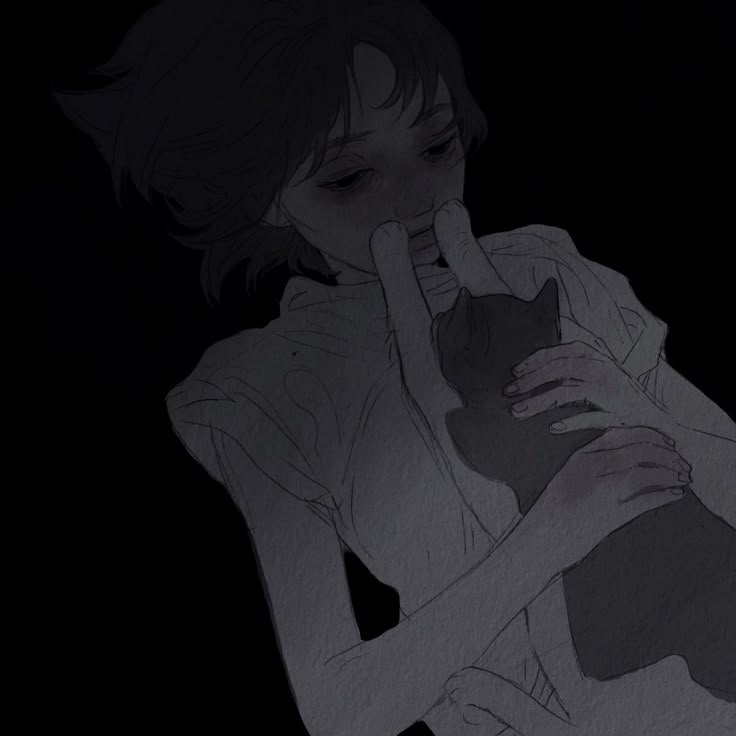 The poet faithfully fulfilled these tasks. And although visits to the cemetery and the bridge did not bring further revelations, it was during this period that he began work on his most significant work, the Duino Elegies. "Who among the angels would hear my call?" he asked.
The poet faithfully fulfilled these tasks. And although visits to the cemetery and the bridge did not bring further revelations, it was during this period that he began work on his most significant work, the Duino Elegies. "Who among the angels would hear my call?" he asked.
Other writers I admire have also dealt with ghosts. Jason Molina claimed to see the spirits of the dead and write songs about them or with their help (while Molina was a well-known lover of telling stories). Jack Spicer received messages from "ghosts" or "Martians" and would not go to bed until he had put these messages into verse. Both authors died relatively young, Molina at 39 and Spicer at forty. And the cause of death of both was alcoholism, which is so similar to mental anguish.
A psychic friend once told me that it is common for mediums to develop addictions. He did not know the reasons, but "perhaps ghosts affect blood sugar or after the session you need to make it easier for yourself to return to your own body," and "maybe these people just want to escape from reality, disconnect from it.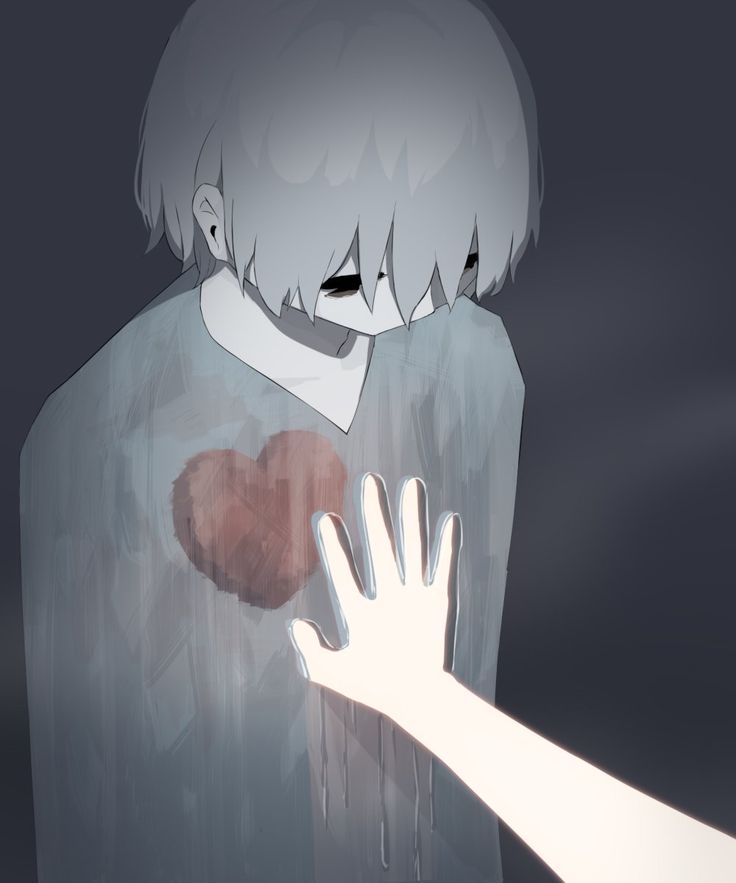 "
"
Jason Molina sang: "As long as I lived, I was a stray black dog." In another of his songs, there are these words: "Let me go, let me go, let me go."
And this is Jack Spicer: "Poet, become like God."
A lot is known about the tragic end of Sylvia Plath, including rumors that in the last months of her life she was possessed by evil forces. Ted Hughes, Sylvia's husband, encouraged her to séance with an Ouija tablet. In addition, Plath was seriously interested in Tarot cards. Upon learning of Ted's infidelity and breaking up with him, the writer was said to have tried to cast an evil eye on him out of revenge. According to one legend, she created the poetry collection Ariel under magical influence. Almost every night she woke up at 3 o'clock and received poems from some dark, invisible author.
The Guardian published an article about the writer with a very eloquent title: "How black magic ruined Sylvia Plath and how Ted Hughes's involvement in the occult enabled her to write some of her best work. " In the poem "Little Fugue" Sylvia writes: "Death, the ebony, revealed blackness."
" In the poem "Little Fugue" Sylvia writes: "Death, the ebony, revealed blackness."
In his autobiography, The Seven-Storied Mountain, Thomas Merton narrates his conversion to Catholicism through a ghost story: “I was in my room. It was night, but the light was on. Suddenly it seemed to me that my father, who had died by that time more than a year ago, was nearby. His presence felt so alive, so unbelievable, as if he had actually touched my arm or spoken to me. Everything lasted only a moment, but I was completely amazed by the unexpected and deep understanding of the mystery and depravity of my soul. It felt like a beam of light pierced me. I saw and understood my position. And filled with terror.
Merton's life changed from that moment on. He weeps, makes vows, prays, starts going to church. He is sure that he felt the arrival of his father, and this feeling convinces him of the existence of a human soul. In the next chapter, the thought “I must join the Trappist order” comes to Merton, which determined his fate.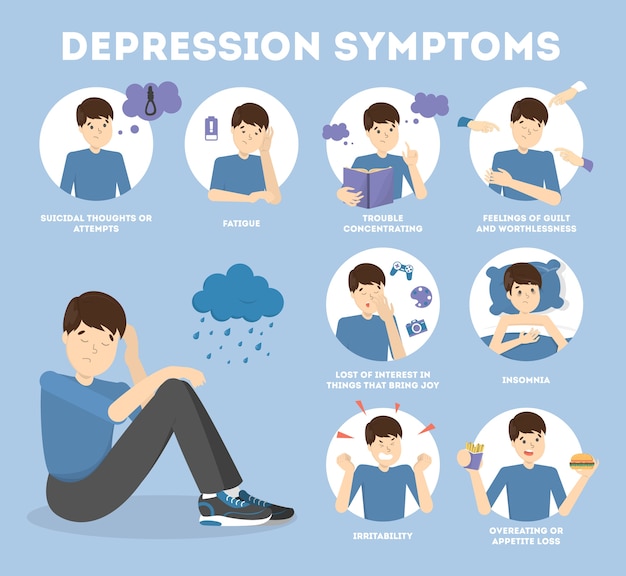
And yet the writer's story about a ghost, like many others like it, just included in the main plot, does not allow one to fully believe in the reality of otherworldly beings. Merton assures readers (and a committee of strict critical monks): “I don't have a clear explanation. How do I know that this is not just my imagination or something that can be found in a completely natural, psychological background. I mean about my father. There is nothing to say here. I don't have any explanation. And I have always had a great antipathy for everything that in one way or another affects communication with the realm of the dead.
While researching library materials on the occult in French Symbolist poetry, I came across a dusty, maroon book, Descent and Exit. The Occult in the Literature of Symbolism. The author was John Senior and the publisher was Cornell University. Year of publication - 1959. Unlike the numerous scientific texts on poetry and magic that I have read, in this work this topic was considered with all seriousness and open-mindedness. John Senior not only offered a thoughtful analysis of the imagery from Charles Baudelaire's poem "Litany to Satan", but also, apparently, sincerely worried about the poet's soul.
John Senior not only offered a thoughtful analysis of the imagery from Charles Baudelaire's poem "Litany to Satan", but also, apparently, sincerely worried about the poet's soul.
Hoping to learn more about the occult written by Senior, I began to look for information about him and discovered that shortly after the publication of the above book, he made a dramatic conversion to Catholicism. This man was remembered as a humanist, supporter of traditional religion and culturologist. He is best known for his book The Death of Christian Culture, which I have not read. He seems to have later regretted this early work. Maybe Senior in his occult research discovered something so infernal that out of fear he turned to the Church?
I would like to see his conversion as part of a typical "professional horror" plot (a subgenre I have noticed and named) in which the skeptical scientist, in the course of his rational investigation, discovers that some aspect of the supernatural is true.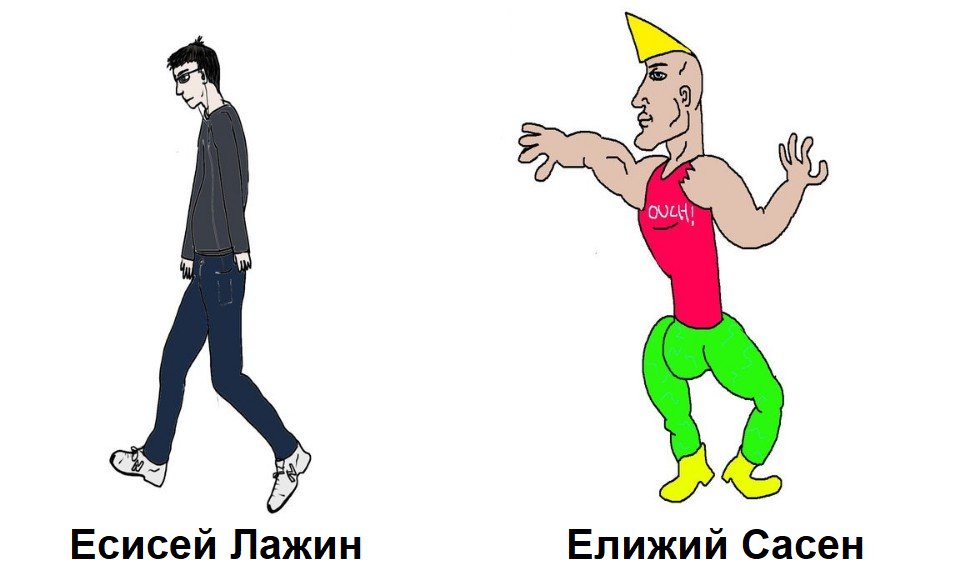 In addition, it is possible that Senior's mind was clouded under the influence of the strange logic of poetry and magic, and from this he easily accepted another, but the same irrational system of views.
In addition, it is possible that Senior's mind was clouded under the influence of the strange logic of poetry and magic, and from this he easily accepted another, but the same irrational system of views.
Let's talk about more modern works. William Styron, in his memoir Visible Darkness, describes the onset of depression, similar to demonic possession: “It causes a nightmare that seeps into me like gray drops. I feel physical pain. And despair. This is a cruel joke of the psyche on the inflamed brain. It feels like I'm locked in a room where it's hellishly hot, and I'm damn uncomfortable.
Andrew Solomon in The Midday Devil. Atlas of Depression” quotes a translation from Areteus of Cappadocia, a Greek physician who lived in the first century AD. The ancient author offers the following interpretation: the melancholic “torments himself with superstitious thoughts. He is terrified. Mistakenly accepts his fantasies as truth and complains about them. He curses life and desires death. " “To understand the history of depression is to understand the development of man as we now know him and who we are,” adds Andrew Solomon.
" “To understand the history of depression is to understand the development of man as we now know him and who we are,” adds Andrew Solomon.
In the book “The Story of the Exorcist” by Father Gabriel, Amorta, freed from possession, describes his condition as follows: “I felt that I was suffering, but not in my own body. My body became someone else's. I became the prey of the greatest despair, and I saw, through I do not know whose eyes, a terrifying darkness, which, however, was not part of the room or bed in which I had lain for many months. The darkness consumed my future, my ability to live, any hope for tomorrow. It was like I was being killed with an invisible knife. And whoever plunged a knife into me, I know he hated me and wanted more than my death.
These sensations are familiar to me.
Excerpt from Claire Cronin's "Blue Light of the Screen: On Horror, Ghosts, and God"
Joint project of Lingvopand Club and LL editors
How terrible is the ghost of the post-Olympic depression?
Please note that the article is more than five years old and is in our archive. We are not responsible for the content of the archives, so it may be necessary to consult newer sources.
We are not responsible for the content of the archives, so it may be necessary to consult newer sources.
The large-scale summer sports festival, which takes place every four years, has ended, medals and failures have been recounted, and athletes have gone home.
Winners and losers left the Olympics with different feelings, but now both may face a common problem - a post-Olympic hangover.
The absence of a goal is depressing
In the world of sports psychology, this phenomenon is described, first of all, as the destiny of the winners. According to the Estonian athletes, they have no particular problems with this. At major championships, primarily at the Olympic Games, the stakes of athletes are extremely high, so success and failure affect them extremely sharply. Whereas in the past special attention was paid to those whose performance was not at the level that was expected, in recent years there has been more and more talk about the post-Olympic depression of medalists.
Whereas in the past special attention was paid to those whose performance was not at the level that was expected, in recent years there has been more and more talk about the post-Olympic depression of medalists.
University of Michigan sports psychologist Scott Goldman aptly compares the situation to a roller coaster. “Think of the roller coaster that precedes the Olympics,” Goldman told The Atlantic. - This high-speed race after the end of the Olympics suddenly ends with a screech of brakes. For completely exhausted athletes, this is a real blow. When everything is finally over, they are completely exhausted, not only physically, but also psychologically.”
Psychologist Aave Hannus, who has advised many Estonian athletes, admits that the serious problem that arises in this situation is not only about sports - it is much wider.
“It's not just athletes who face this problem - depression often sets in in other areas of life after achieving a goal. The mechanism is this: when efforts are made for a long time in the name of a specific goal, then when it suddenly disappears - it does not matter whether it is achieved or not - there is a feeling of emptiness, ”explains Hannus, according to which, the problem among athletes is aggravated also the fact that the Olympic competitions are not held every year.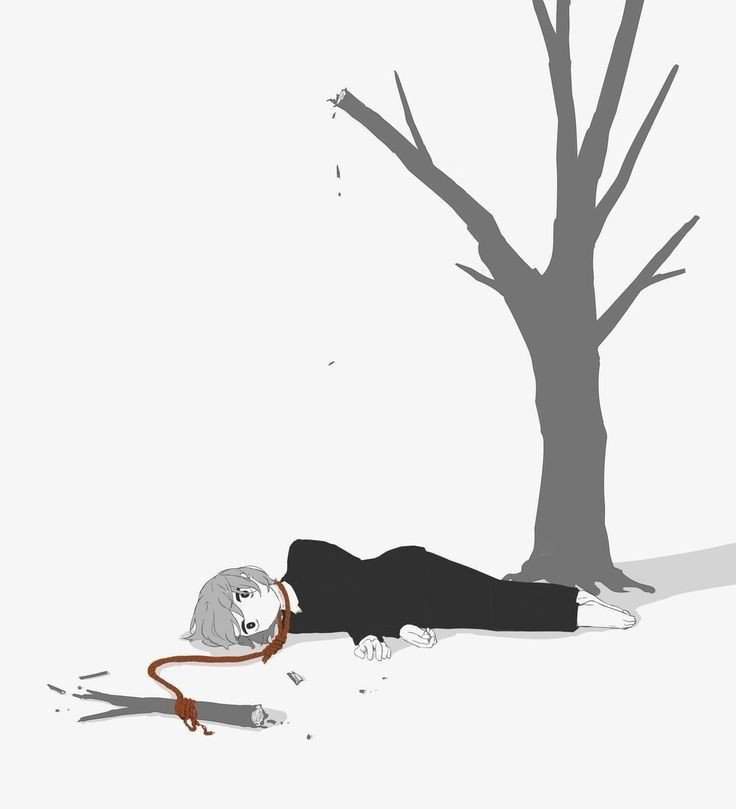
The glory and pain of the 2008 Olympics was described by judoka Taraj Williams-Murray, who represented the United States in Athens and Beijing. According to him, the most painful thing is to fall from the maximum height.
“Do you think sex is cool? That winning at gambling is a great feeling? Or in car racing? Skydiving? None of this can come close to that feeling when you participate in the Olympics and feel that you are part of something great, universal, when the whole world is watching you, ”says Williams-Murray, who is bogged down in debt after the Olympics and addicted to alcohol and cannabis.
Estonia seems to have survived
American Jordan Burrows, who won the gold medal in wrestling at the London Olympics in 2012, speaks of the same excitement and decline after him.
“It's like Christmas. You can't wait for Christmas and you want to unpack all the presents right away,” Burrows says. - But when you have already unpacked the gifts and played enough with them, you understand that this time it's all over.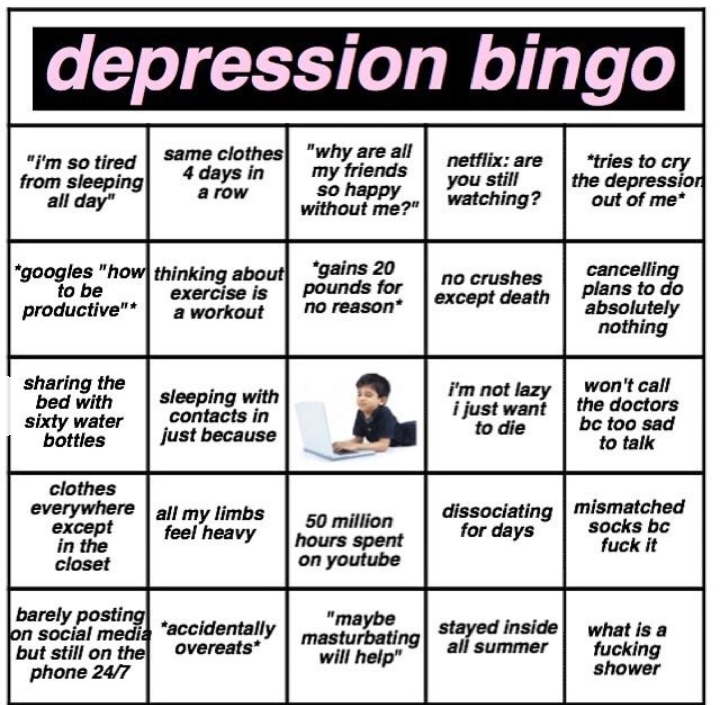 Now it is necessary to wait 364 days for the next Christmas. Athletes have to wait another thousand days.”
Now it is necessary to wait 364 days for the next Christmas. Athletes have to wait another thousand days.”
Overcoming the psychological decline after major competitions is complicated for athletes by the fact that competition does not allow them to recognize their weaknesses. American swimmer Allison Schmitt, who won five medals in London, three of which are gold, admitted before the Rio Olympics: “We are taught that we are able to overcome everything, that we will achieve any goal we want, and we are told that no help will come to us. required."
Schmitt herself is one of the athletes who admitted that they have a psychological problem. Having entered the fight against depression that overtook her after the 2012 Olympics, she managed to get help. And she clearly benefited her, as the athlete re-asserted herself in Rio, winning gold and silver.
“I didn't want to show my weaknesses to others. I didn’t want to turn to anyone for help, but I found that I myself was not able to deal with it, - the multiple Olympic champion admitted. “There is such a thing as a post-Olympic hangover, I think that it overtook me, so I isolated myself from others all the time.”
“There is such a thing as a post-Olympic hangover, I think that it overtook me, so I isolated myself from others all the time.”
Sad examples of post-Olympic depression, fortunately for Estonian athletes, are still the lot of foreign athletes.
“No one in Estonia seems to think much about this problem, although it also occurs infrequently,” states Hannus, who has only encountered this problem a few times in her 15 years of practice.
According to her, compared to ordinary people, athletes even have some advantage in getting out of such a situation, since they usually simply do not have time for a long pause: “It helps to avoid depression that the next competition is already on the way, the new season begins and set new goals.
Returning from the Olympic Games in Rio, the only coach-medalist, mentor of our rowers, Matti Killing, said on this occasion that his wards, who had already visited several Olympics, did not experience any special crises after the games.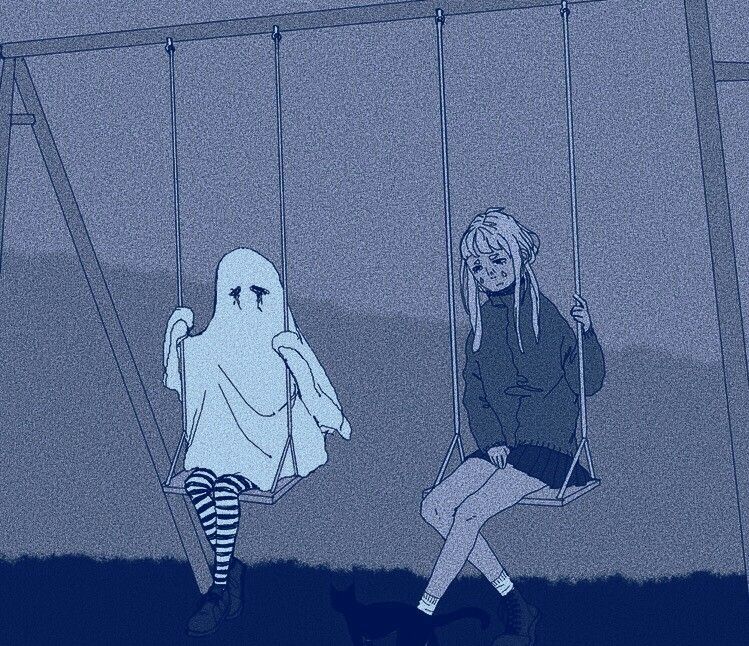
“My clients have successfully navigated these situations,” says Killing. - Perhaps this is due to the strength of their natures or the training received, or the fact that the team requires a different attitude than in single competitions. In any case, success did not blow the roof off anyone, and even with the failure of some kind of heavy stress did not arise.
When Motivation Runs Out
After the Rio games, it may be too early to assess the mental state of the athletes. Wrestler Heiki Nabi, who won silver at the 2012 Olympics, recalls that he did not have any depression after the competition, although he found himself in an unusual situation for himself.
“I didn't feel any crisis, it was rather unusual that if earlier I was slowly training and resting, then suddenly I had to attend all kinds of events,” says Nabi. - There was nothing negative in this, but I had to distribute my energy in a completely different way, and this load was different from the usual.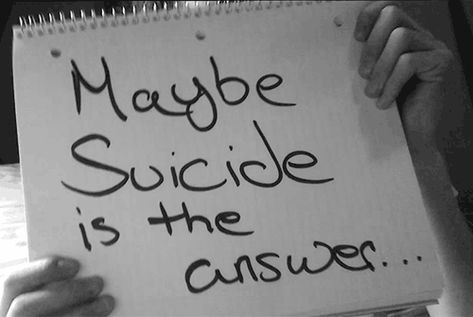 Naturally, after winning a medal, interest in you increases, but you must be aware that you are participating in this for a month or two, and then you need to draw a line and continue to do your main business.
Naturally, after winning a medal, interest in you increases, but you must be aware that you are participating in this for a month or two, and then you need to draw a line and continue to do your main business.
If Estonian hero athletes do not suffer from the great post-Olympic depression, then finding motivation and setting new goals can be quite difficult for them. Hannus says that this is a completely normal phenomenon, and it is time to get used to the fact that the end of the world does not come after the next Olympics.
“You have to realize that it's completely normal for motivation to fluctuate throughout the season,” explains Hannus. - Yes, for athletes everything is complicated by the fact that their result - the place that they will eventually take - also depends on competitors. The inability to control some things creates the effect of frustration, because you have to work and hope for years, but there is still no result. And often all desire disappears altogether.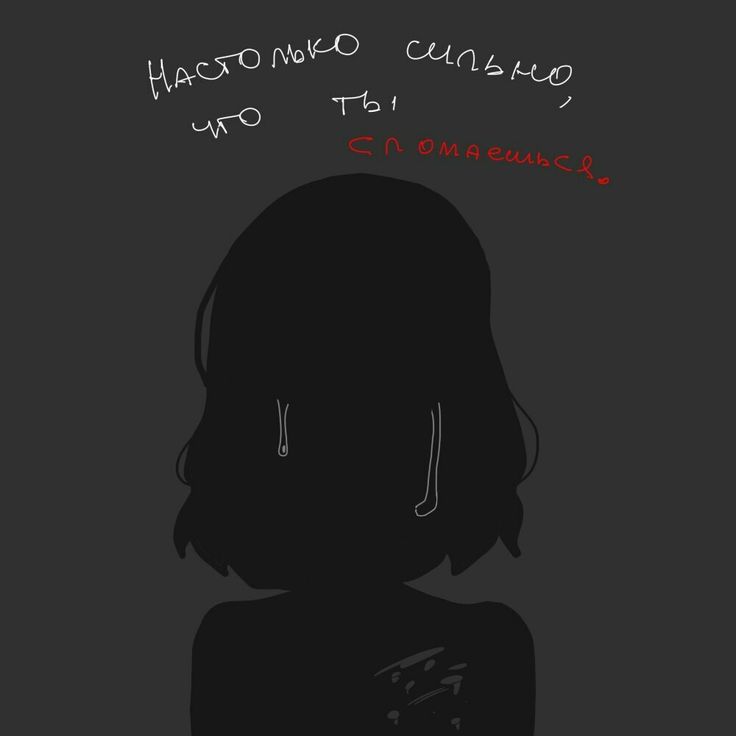
According to the psychologist, in such cases, the athlete and his coach should take a deep breath and seek help. “Often an athlete himself does not understand this, why his motivation disappears. Athletes can be frightened by this, do not know what to do with it, and coaches often cannot support them, but it is necessary to understand that such declines are natural, says Hannus. “This does not mean that motivation has disappeared forever, often an athlete comes out of such a situation even stronger than before.”
New goals need to be set
According to the American sports psychologist Christine Keim, an athlete who suffers from post-Olympic depression should first of all be made aware that he has something more than sports results.
“The result is not everything that defines your essence. It is necessary to distance the individual from his speeches, Keim explains in a commentary for The Atlantic. “It is important that a person keeps himself active, travels or does something that has nothing to do with his sport.